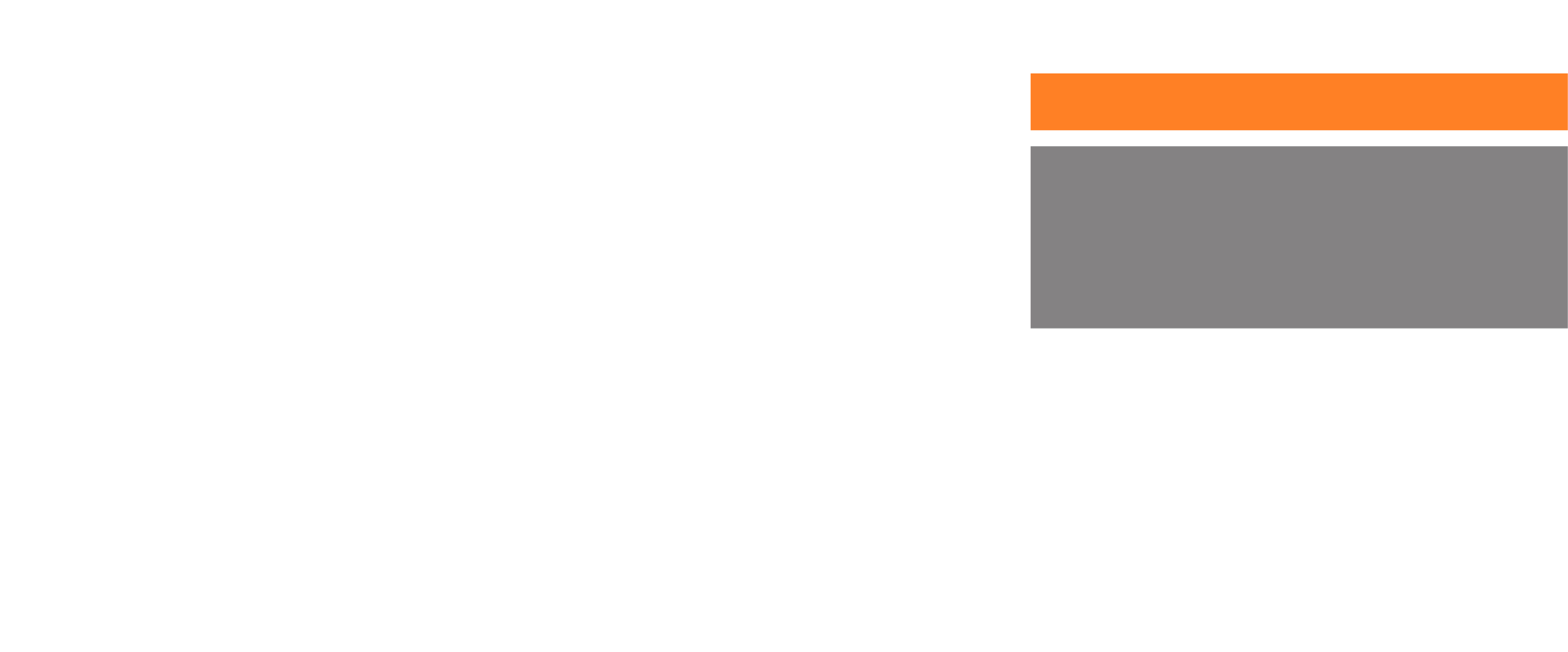Should I Resurface Or Repave My Old Concrete?
When it comes to finding a surface that is strong, durable, and consistent, there is a reason that so many companies and residential homeowners go with concrete. Whether you are looking to build a strong garage or driveway, or are putting together a great-looking outdoor patio or walkway, concrete is the way to go for a budget-friendly and long-lasting material.
However, like anything else, concrete that is left to the elements and regular wear-and-tear, it can begin to deteriorate. Broken, chipped, or cracked concrete can quickly lead to worse issues if left alone. Some concrete can take years to begin to show damage, while some scenarios or environments can speed up the process.
If your concrete is beginning to weaken or break apart, it is vital that you act quickly to head off any further damage and avoid costly repairs. Typically, as your concrete deteriorates, you have two choices: completely replace the concrete or resurface.
Wondering which option may be right for your concrete? Here are three questions you should ask when determining if you need to replace or repave your concrete:
Is My Concrete Structurally Sound?
The first question to ask is how strong and sound your concrete currently is. Just because you have begun to notice cracks or chipping away of the concrete doesn’t necessarily mean you have to replace the entire piece. Depending on the size of your concrete - such as a driveway vs. a walkway - you may need professional help to analyze what is happening just under the surface of your concrete. If the concrete is structurally sound overall, you may be able to get by with a cosmetic resurfacing.
What Has Caused The Damage?
Next, you should examine what is leading to the damage or weakening of your concrete. Are there cracks or separation that has allowed for condensation to seep below and expand the concrete? Is there too much weight being kept on the concrete too consistently? Are there tree roots or a shifting of the soil that is leading to an uneven surface and bending or breaking of the concrete? Perhaps the concrete is decades old, and is due for replacement?
Getting an idea of the cause of the damage to your concrete will help you determine the best direction to take for both the repair of your concrete and how to prevent further damage in the future.
How Should I Replace Or Repave My Concrete?
Depending on the severity of the damage or the amount of work to be completed, a repaving or replacement of concrete on your property may be best left to a licensed contractor. While there are resources available to help you repair or repave concrete on your own, there are many benefits to hiring an expert team:
Expert Guidance On Best Course Of Repair: Repaving vs. Replacement
Professional Installation & Finishing
Insured & Guaranteed Work
Follow-Up Cleaning & Maintenance Options
Aid In Treating Potential Causes of Concrete Damage
A professional and trained concrete contractor can help you understand your options and create a personalized plan for installation and maintenance of your concrete. Rather than leaving the treatment in the hands of your own DIY expertise, you can leave the project in the hands of an experienced team and rest easy knowing your concrete is ready to last!




